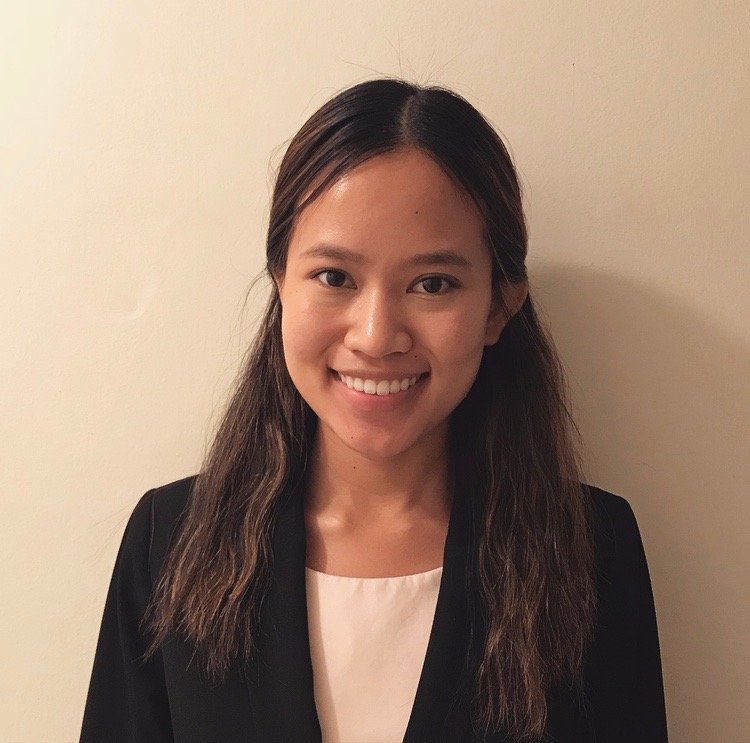
Minnie Che is a student at Harvard Law School.
There are more than 630,000 employees in the Postal Service. At least 10,881 workers nationwide have been impacted by covid-19. Aside from the challenges created by working during a pandemic, workers are now dealing with changes underway from a new postmaster general, Louis DeJoy. Dejoy has promised to relieve the system’s financial losses, but many worry that conservatives will lobby for a fully privatized mail delivery. The Postal Service is also under immense pressure to ensure that mail-in ballots arrive in time in response to Judge Emmet Sullivan’s ruling on September 27 without threatening the integrity of the election. Postal workers are working with decades-old delivery trucks without air-conditioning, they are greatly understaffed and overworked, and they were not provided personal protective equipment when the pandemic began and still do not have temperature checks or a nationwide mask mandate. Workers remain afraid for their health, and Postal Workers Union leaders are worried that DeJoy’s policies will destroy union jobs and will not address understaffing or funding issues. Mark Dimondstein, president of the American Postal Workers union, has stated that funding for the Postal Service “should not be allowed to become a political football.”
In response to a questionnaire that The National Association of Postal Supervisors sent to both Presidential candidates, the Biden campaign has promised to work with Congress to eliminate the Postal Service’s mandate since 2006 to prefund retiree health benefits to reduce the agency’s financial problems. Biden’s administration would also grant emergency funding to help with operating costs, modernize delivery vehicles and fill vacant seats on the ISPS Board of Governors. Biden has made promises to protect the Postal Service against privatization, explore the potential of diversification for services, and protect workers’ rights by making it easier for employees to join a union and collectively bargain. The Trump campaign, on the other hand, never responded to the questionnaire. Trump has continued to criticize the Postal Service and made baseless allegations of mail fraud in an attempt to undermine voter confidence in voting by mail.
In other election news, the Trump administration has announced stricter rules for the H-1B visa program four weeks before the election. The changes will require U.S. companies to pay substantially higher wages for foreign high-skilled workers and narrow eligibility criteria for applicants. Wages for higher-skilled workers would rise to the 95th percentile from the 67th percentile. The administration has framed these changes as a way to protect American jobs. Kenneth Cuccinelli, the acting deputy secretary of homeland security, expects these changes to cut one-third of petitions filed for visa applications. The agency believes it has “good cause” to publish the interim final rules without obtaining feedback from the public first, which is the normal requirement. Critics suggest that the changes are politically motivated by its proximity to the election. The rules will likely harm smaller firms and start-up companies, especially in the tech sphere, who are unable to meet the increased wage recruitments. Further, the rule will have a detrimental impact on rural hospitals who depend on foreign physicians to fill roles because American doctors generally prefer urban areas.
Over the summer, the Chicago Teachers Union filed an unfair labor practice lawsuit and grievance over the district’s request for 700 school clerks to come into school buildings to assist in the registration of students and answer the schools’ phones. The union stated that they were not given adequate warning or a chance to negotiate and that there were not sufficient safety measures. Many workers are older Black and Latino women, putting the marginalized communities at greater risk to contract the virus. On October 2, the arbitrator to the case, Jeanne Charles, issued a ruling in favor of the union, stating that “Subjecting these employees to increased risk of COVID-19 infection for work that can be performed remotely does not fulfill CPS’s contractual promise that its employees work in ‘safe and healthful conditions.’” Charles did not find sufficient evidence that the school buildings were safe for employees. Additionally, the Board did not sufficiently mitigate the risk to employees. School officials have promised to contest the decision as they claim that Charles substituted actual public health standards for her own judgments. The resolution of this dispute will have implications for the school district as it brings students back to school buildings on November 9.






Daily News & Commentary
Start your day with our roundup of the latest labor developments. See all
January 25
Uber and Lyft face class actions against “women preference” matching, Virginia home healthcare workers push for a collective bargaining bill, and the NLRB launches a new intake protocol.
January 22
Hyundai’s labor union warns against the introduction of humanoid robots; Oregon and California trades unions take different paths to advocate for union jobs.
January 20
In today’s news and commentary, SEIU advocates for a wealth tax, the DOL gets a budget increase, and the NLRB struggles with its workforce. The SEIU United Healthcare Workers West is advancing a California ballot initiative to impose a one-time 5% tax on personal wealth above $1 billion, aiming to raise funds for the state’s […]
January 19
Department of Education pauses wage garnishment; Valero Energy announces layoffs; Labor Department wins back wages for healthcare workers.
January 18
Met Museum workers unionize; a new report reveals a $0.76 average tip for gig workers in NYC; and U.S. workers receive the smallest share of capital since 1947.
January 16
The NLRB publishes its first decision since regaining a quorum; Minneapolis labor unions call for a general strike in response to the ICE killing of Renee Good; federal workers rally in DC to show support for the Protecting America’s Workforce Act.